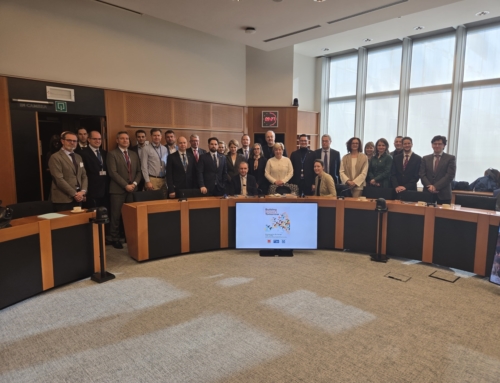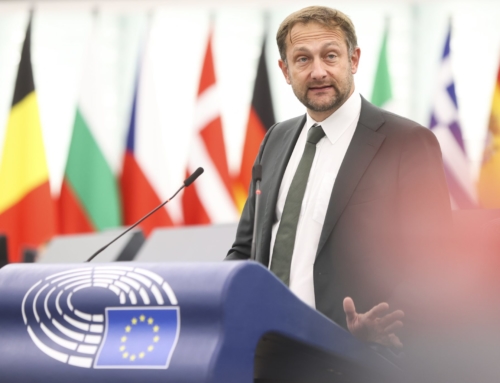The Presidency of the Council of the European Union, which rotates every 6 months between EU Member States, has been taken over by Portugal for the first half of 2021, under the motto “Time to deliver: for a fair, green and digital recovery”.
The main priorities of the Portuguese Presidency will be:
- Promoting a European recovery boosted by the green and digital transitions;
- Delivering the European Union’s Social Pillar as a key element for ensuring a fair and inclusive green and digital transition “…as a response to the social dimension of the crisis and as a way to strengthen the European social model and its capacity to keep pace with climate change and digital and demographic change”;
- Strengthening the strategic autonomy of a Europe that is open to the world.
The Action lines of the Portuguese Presidency are divided into five segments: Resilient, Green Digital, Social and Global Europe:
The segment Social Europe stressed that “Only a stronger, fairer and more inclusive social Europe will respond to the social consequences of the pandemic, ensuring intergenerational balance, the future of young Europeans and the well-being of all”. The Portuguese Presidency will organise next May in Porto a Social Summit to “(…) give political impetus to the implementation of the European Pillar of Social Rights and its action plan, emphasising its central role in European recovery and in adaptation to the climate, digital and demographic transitions”.
FAFCE welcomes the inclusion by the Portuguese Presidency of the demographic transition, alongside the twin green and digital transitions. This has been a call of the last FAFCE Board Resolution to promote a “triple transition for a sustainable Europe: no sustainable development being possible without a next generation to uphold it, namely children”.
In terms of the Implementation of the Strategic Agenda 2019-2024, the Portuguese Presidency will work to:
- Protect citizens and freedoms with a focus on coordinating the fight against organised and cross-border crime: trafficking in human beings and cyber-crime, including child sexual abuse;
- Developing out economic base: the European model for the future;
- Building a green, carbon-neutral Europe;
- Building a fair and social Europe with a focus on
- the future of work and decent work especially “(…) regulation of new forms of work, decent working conditions, safe workplaces and fair wages, and working hours suitable for reconciling work and family life, as well as social protection, irrespective of the employment relationship, always on the basis of social dialogue and collective bargaining”;
- the impact of COVID -19 on “ (…) reconciliation of work, personal and family life”;
- fostering social cohesion, including the fighting against poverty “in particular child poverty, social exclusion and discrimination, as well as on the social economy and social innovation, active ageing, inclusion of people with disabilities and promoting children’s rights.”
- Promoting Europe’s interested and values in the world.
FAFCE welcomes the attention given by the Portuguese Presidency to the work-life balance of parents and to the fight against family poverty, human trafficking and child sexual abuse.
Learn more about FAFCE work on these topics:
- For Christmas we want to gift children a safer Internet in 2021
- Where is the family in the EU recovery plan?
- FAFCE recalls the role of the family when reinforcing Social Europe
- Is the future without demographic change possible?
- FAFCE Dialogue with Elena Bonetti, Italian Minister for Family and Equal Opportunities: “The Families need to be seen as subject who are able to create the future”







